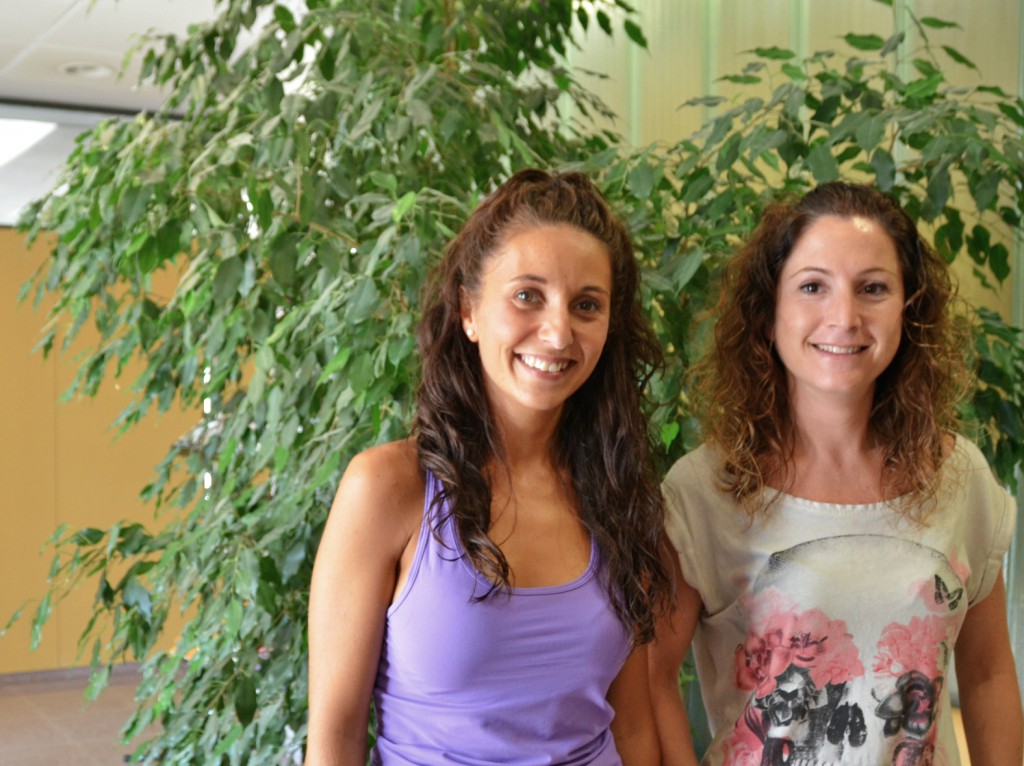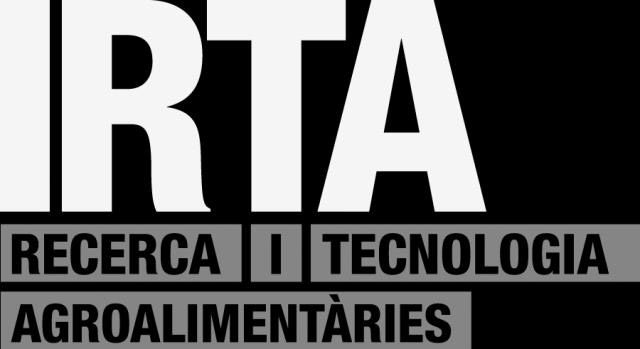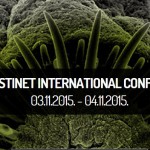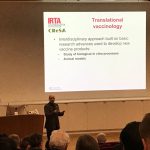Experience and history of the 1th FCM basic course from CReSA

We are Raquel Maeso and Lorena Córdoba, we are laboratory technichians and the persons in charge for the Cytometry Service of the CReSA. Last March we taught the first Flow Cytometry (FCM) basic course at CReSA. The feedback of the course was highly positive and, as we see it, we are feeling very pleased, most of all because we didn’t expected, taking into account the very harsh beginnings, that we would arrive to this point.
My name is Raquel, I has been working in the CReSA for 8 years now. Before entering in this research center, I was working in several clinical diagnostic laboratories. I started as a management laboratory technician in level 3 Biocontainment Unit (BSL3) and, for me it was a radical change, considering that I’ve never seen nothing like this: I was going to work in the Biocontainment area, a whole new world!!; Shortly after start, I was able to verify that this center allows the technicians to participates in an active way and we are always receiving professional life-long training. One and a half year later my start, I was offered to be part of the Cytometry Unit from CReSA besides the position I already covered. Personally I find that cytometry has supposed to me a push for the continuous improvement and constant personal overcoming.
My name is Lorena, I’m working for the CReSA since I finish my studies as superior technician in laboratory, and it has been 7 years already. In the beginning I was hired to be the technician of the research group of swine influenza, but step by step, at CReSA, I was trained and specialized in the immunology field, including the specialization as cytometry technician. On a personal level, it was a hard effort, once the immunology is a very complex world and requires a lot of dedication. But, I can say that nowadays I’m really glad to have begun in this beautiful story as it is the immuno and the cytometry, mostly because the results are always very gratifying and fascinating.
The beginning for this story dates back to 2009 with the acquisition of the sorter FACSAria I Flow Cytometer. After many cytometry courses, as much national and as international, we were put in charge of the Cytometry Unit from CReSA.
The goal of this Unit is to give internal and external services to every researcher that wants to carry out a cytometric analysis or cellular separation. Having said that, in the beginning it was an experience where we both (technicians and users) learned a lot together.
A side goal, but no less important, from this Unit is to give flow cytometry basic courses in the CReSA, thinking on the people that may go to the cytometer and know its applications and limitations. So, we got on with it!! The first thing we did was to decide the structure the course should have in order to get more efficient results.
Once it was set up, we divided the subjects we were going to explain and started preparing the Power Points. With the course organized, we booked the Sala d’Actes of the center every Wednesday, where the course took place, so we could practice the disertation… In the rehearsal we had so much fun, let’s not fool ourselves, it was very amusing… Nevertheless, we had a problem: in as much we practice, more subjects we wanted to include in the course! So, since it was only a basic course, we organized the themes hierarchically leaving some in stand-by for an advanced one.
When the moment finally arrived… Ours nerves were on edge! What if we did it wrong? Or could we be able to cover the expectations? So we though: “we dedicated all our effort and hopes and that will be reflected. When the nerves are gone everything is going turn out well…”. And this is what happened, mission accomplished!!; Once we started talking, our nervousness were disappearing as soon as we saw how the people were paying attention to our work, this really comforted us. The second day of the master class went smoothly… We already had a professional look-a-like! Hehehe!
The hands on sessions were more individualized, more personal, because we had groups of 4 or 5 persons, and according to their comments, we could noticed that it was resulting interesting for them.
And it came to an end! For us both it was a big step. We think that, from the answers gathered through the questionnaire we distributed at the end of the course, we can fell proud about doing a good work. We are also motivated, wishing that the next edition goes even better and hoping that we have more opportunities to offer an advanced short course on cytometry.
You can find more information about this First flow cytometry course visiting [this post] in CReSA’s website.













